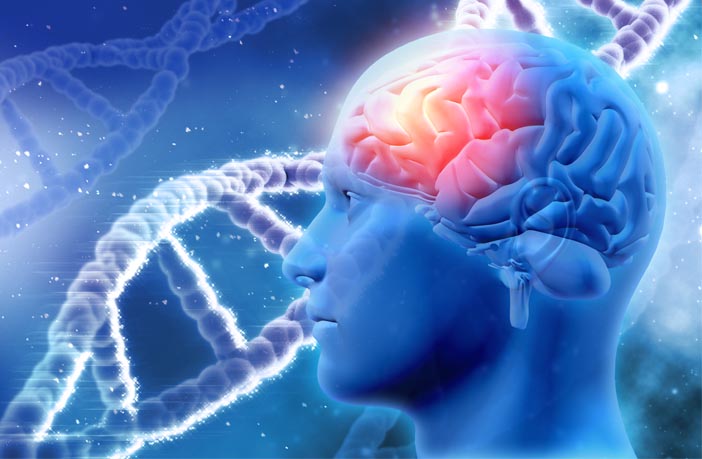
(Photo credit: Kirsty Pargeter)
But the research, which appears in JAMA Psychiatry, found that person-specific factors also influence the association between psychotic-like experiences and cannabis use to a lesser extent.
“I initially became interested in this topic as a result of trying to understand factors associated with the development of psychotic-like experiences (i.e., sub-clinical odd beliefs or perceptual distortions),” said study author Nicole R. Karcher of the Washington University School of Medicine in St Louis.
“It
is very important to understand who is at risk for the development of
psychotic-like experiences, what role marijuana use plays in the
development of psychotic-like experiences, and to what extent this
relationship is the result of genetics versus environmental factors.”
Karcher and her colleagues found that cannabis use was positively associated with psychotic-like experiences, even after controlling for a number of demographic variables and other substance use measures. But genetic factors accounted for 69.2% to 84.1% of the association.
“The study indicates that the relationship between psychotic-like experiences and marijuana use is largely the result of shared genetics,” she explained to PsyPost.
“However, there is a person-specific environmental component. This person-specific component was due to siblings who smoked more marijuana reporting greater psychotic-like experiences compared to siblings who reported smoking less marijuana. Overall, the results suggest that cannabis use prevention may be an important tool in preventing worsening of PLEs in individuals at increased genetic liability to PLEs and cannabis use,” Karcher continued.
The study — like all research — contains some limitations. The data was cross-sectional, meaning the researchers could not determine the direction of causality.
“Limitations of the study include that we could not directly address the issue of whether smoking more marijuana causes greater psychotic-like experiences (or whether it is actually the reverse — psychotic-like experiences lead to greater marijuana use),” Karcher explained.
“Also, future research should examine the relationship between psychotic-like experiences and different varieties and components of marijuana, including whether synthetic marijuana is associated with psychotic-like experiences versus whether cannabidiol (CBD) is associated with evidence of reduced risk for psychotic-like experiences.”

No comments:
Post a Comment